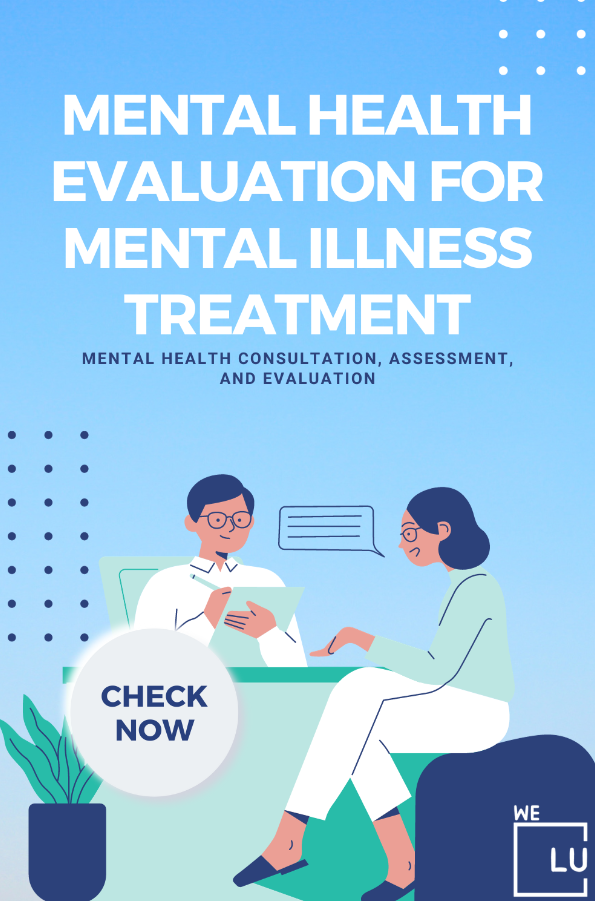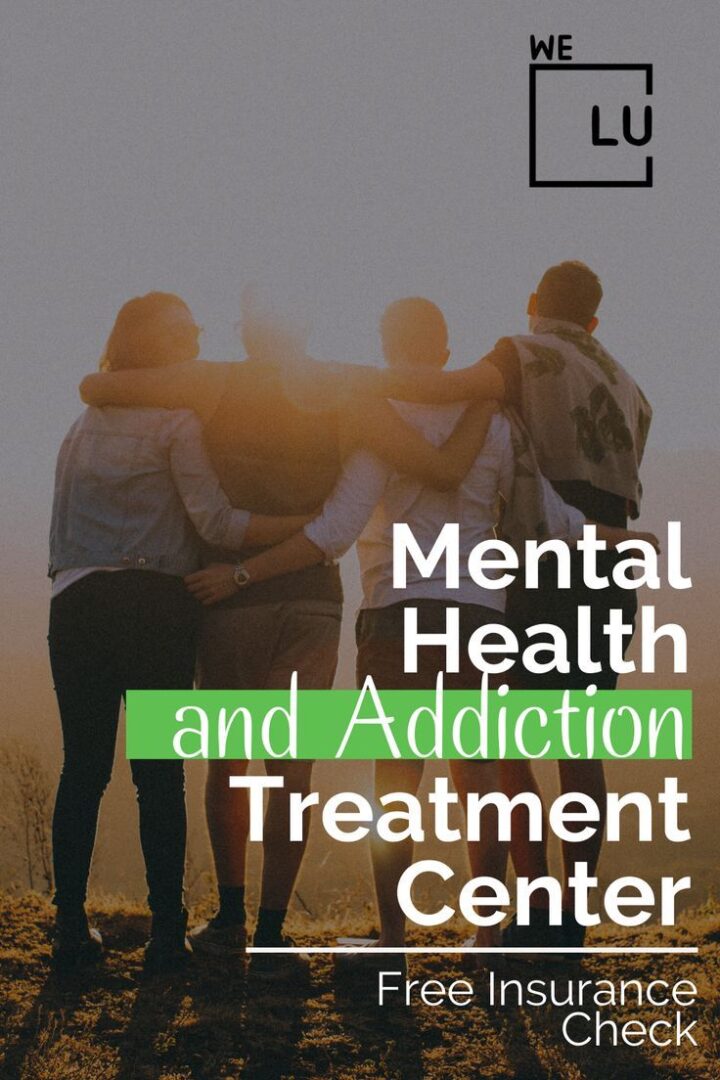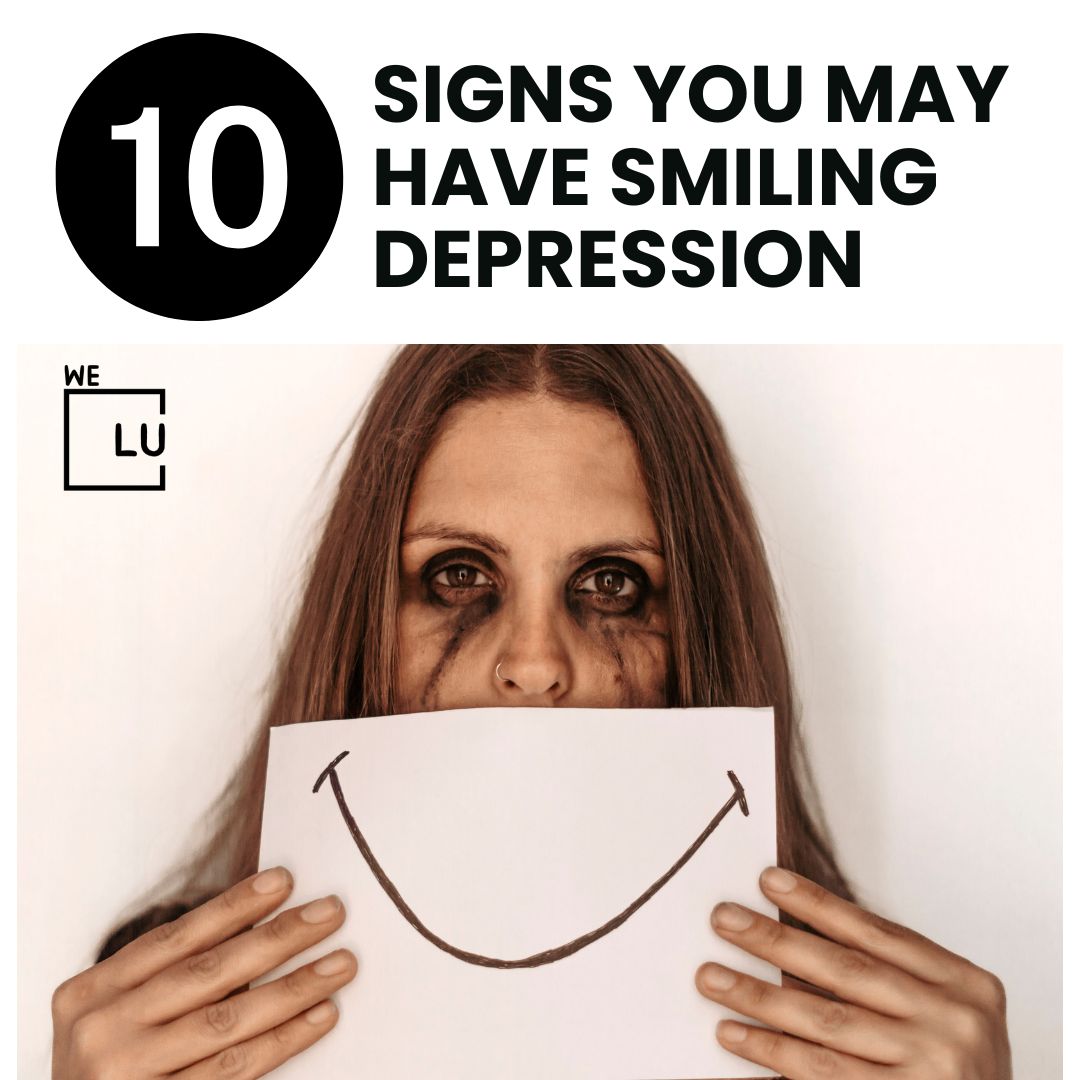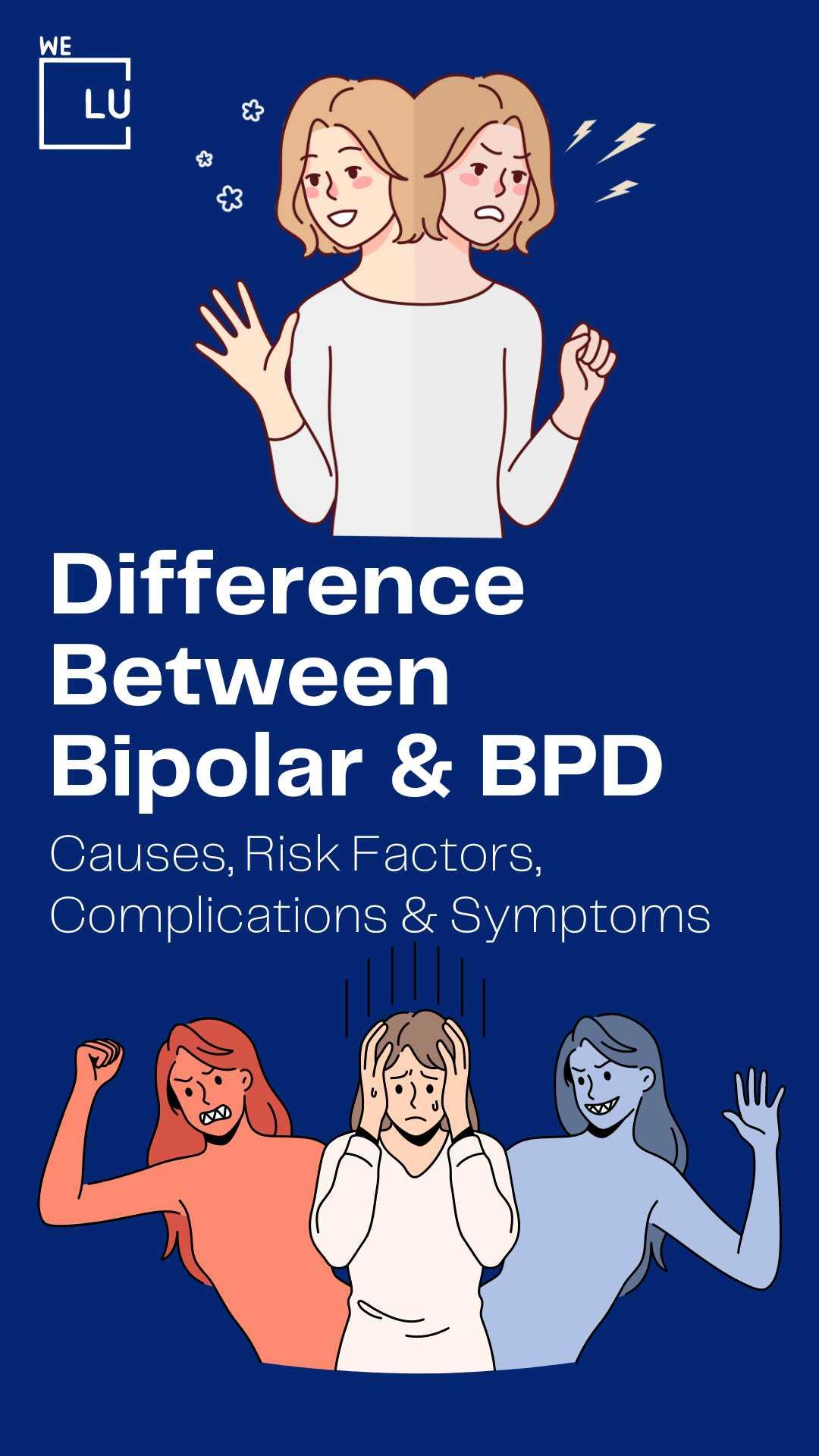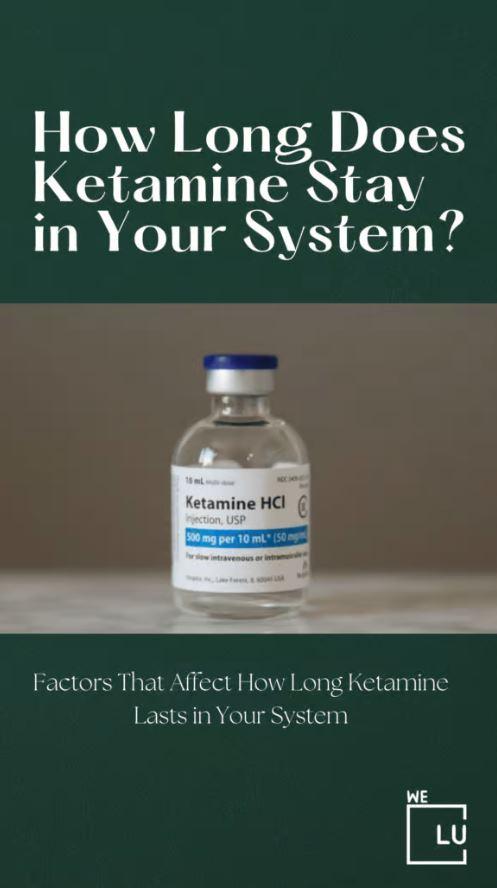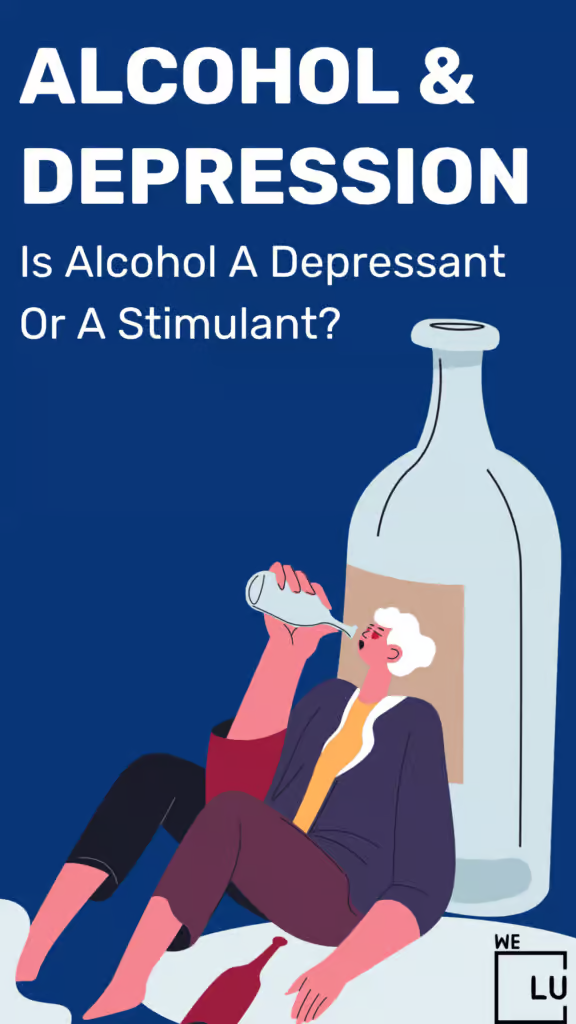Developmentally appropriate separation anxiety manifests between the ages of 6 to 12 months. This normative or physiological separation anxiety remains steadily observable until approximately age three and, under normal circumstances, diminishes afterward. However, more significant than expected duration or intensity of separation anxiety symptoms can happen both in children and adults.
Separation anxiety disorder (SAD) severely affects the quality of life and functioning across several areas, including school, work, social interactions, and close relationships. SAD is a gateway anxiety disorder that can lead to poor mental and physical health outcomes, including:
- Excessive worry.
- Sleep disturbances.
- Undue distress in social settings.
- Poor academic performance.
- Somatic or physical ache complaints.
According to research, anxiety and substance use disorders are among the most frequent psychiatric problems in the US, with lifetime rates of 28.8% and 14.6%, respectively. [1]
Separation anxiety and addiction often go together. We Level Up Texas dual diagnosis mental health and addiction rehab helps with both. Call us 24/7 for consultation. Each call is free and confidential.
Separation Anxiety Disorder Symptoms
- Excessive distress when anticipating or experiencing separation.
- Persistent and excessive worry about losing attachment to people or things.
- Reluctance or refusal to go out due to fear of separation.
- Fear of being alone.
- Nightmares involving separation themes.
- Physical symptoms like headaches or stomachaches during separation situations.
- Excessive fear of harm.
- Difficulty sleeping away from home or being alone.
- Clinging behavior in situations that involve separation.
- Refrain from sleeping when not being near someone.
Panic disorder and panic attacks, which are recurrent episodes of abrupt, intense sensations of fear or terror that peak in a matter of minutes, can also be associated with SAD.
When Does Separation Anxiety Start?
Separation anxiety is a universal phase of human development that typically emerges at or before one year of age, peaks between 9 to 18 months, and phases out by approximately 2.5 years. The re-emergence of transient separation anxiety is common in children when they enter school for the first time, which may be considered a normal response. However, conditioning this response can lead to the development of SAD, mainly when familiarized over multiple weeks.
A doctor or mental health expert diagnoses SAD by asking about the symptoms a person is experiencing. They confirm the diagnosis using clinical criteria if a person shows three or more symptoms significantly affecting their daily life for at least four weeks.
The causes of most anxiety disorders involve various degrees and types of biological, psychological, and social contributors. Although psychological factors significantly impact the development of separation anxiety disorder, there are multiple physical components and risk factors.
The most common risk factors of SAD are:
- Family history of anxiety disorders.
- Personal history of trauma or loss.
- Overprotective parenting.
- High levels of family stress.
- Changes in environment or routine.
- Parental anxiety.
- Chronic illnesses.
- Developmental delays.
- Insecure attachment with caregivers.
Complications of Separation Anxiety in Adults
SAD causes significant distress and issues in social situations, work, or school. It can also come with:
- Other anxiety disorders (like generalized anxiety or phobias).
- Obsessive-compulsive disorder.
- Depression.
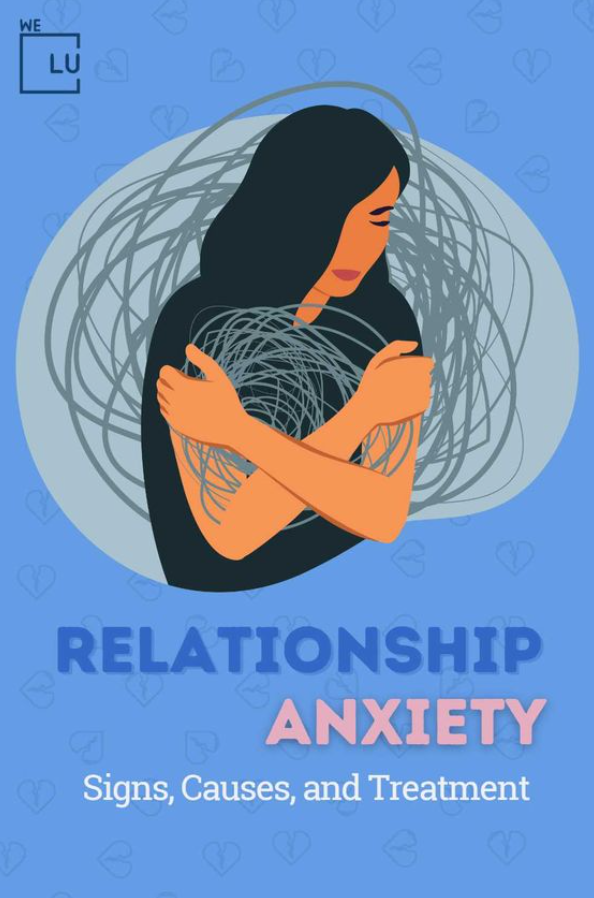
Skip To:
Learn More:
- How to Calm Anxiety Attacks? Symptoms, Causes, and Treatment
- Does Alcohol Help Anxiety?
- Sleep Anxiety Symptoms and Treatment
- Alcohol and Anxiety Co-occurring Disorders
- Valium for Anxiety Efficacy and Warnings
- Anxiety Medication and Alcohol Dangers of Mixing
- Dual Diagnosis Treatment
- Mental Health Treatment. Warning Signs, Types of Treatment, Therapies, Medications, and How To Get Help.
- Mental Health Assessment for Mental Illness Treatment
How to Prevent Adult Separation Anxiety?
There’s no foolproof way to prevent SAD in adults, but these tips may help.
- Gradual exposure to separations.
- Develop healthy coping mechanisms.
- Build a support system.
- Seek therapy or counseling.
- Establish routines and predictability.
- Practice relaxation techniques.
- Address underlying issues.
- Encourage self-care.
- Foster independence.
- Use positive affirmations.
How to Deal with Separation Anxiety?
Separation anxiety disorder usually won’t go away without therapy and can lead to panic disorder and other anxiety disorders into adulthood. If you have concerns about your loved one’s separation anxiety, talk to a mental health professional for advice and treatment options.
Separation Anxiety Disorder Treatments
Doctors may advise treating SAD through psychotherapy, medication programs, or both.
Appropriate treatment and management of separation anxiety disorder often depend on the symptom severity. In the case of mild symptoms, patient and family education, support, and encouragement may be sufficient to help the patient resume normal activities. Maintaining regular eating, sleeping, and exercise schedules and removing inconsistent routines should be encouraged.
Cognitive Behavioral Therapy (CBT) for Separation Anxiety Disorder in Adults
CBT is usually the first treatment for separation anxiety. It helps identify thoughts and behaviors worsening anxiety. Loved ones might also learn techniques to lessen separation anxiety in relationships.
The treatment regime may be shortened or prolonged depending on the severity of symptoms and comorbid factors.
Anti-Anxiety Medication for Separation Anxiety Symptoms
Doctors may prescribe anti-anxiety meds temporarily, like SSRIs, to ease acute separation anxiety symptoms. However, these aren’t long-term solutions, and doctors usually suggest gradually reducing medication after six months. The best approach often involves a combination of CBT and SSRIs for effective treatment.
Support Groups for Separation Anxiety Adults
Someone with separation anxiety might find support in an anxiety group. Joining can provide help in learning techniques to reduce separation-related anxiety.
Get Help. Get Better. Get Your Life Back.
Searching for Accredited Drug and Alcohol Rehab Centers Near You? We Level Up Texas Is Opening Soon!
Even if you have failed previously and relapsed, or are in the middle of a difficult crisis, we stand ready to support you. Our trusted behavioral health specialists will not give up on you. When you feel ready or just want someone to speak to about therapy alternatives to change your life call us. Even if we cannot assist you, we will lead you to wherever you can get support. There is no obligation. Call our network hotline today.
FREE Addiction Hotline – Call 24/7
Separation Anxiety and Addiction Co-occurring Disorder
Substance abuse often stems from trying to cope with mental health issues like separation anxiety. People might self-medicate with alcohol or drugs, finding short-term relief that seems like a solution. However, this can lead to repetitive self-medication and dependency, eventually turning into addiction. Even those initially free from mental health problems might develop psychological drug dependence, leading to secondary issues like anxiety. If left untreated, these dual-diagnosis problems can worsen substance abuse.
As the substance abuse treatment society and depression treatment centers begin to acknowledge that addiction is itself a mental disorder, the relationship between substance abuse and anxiety disorders becomes more complex. Many treatment rehabs largely lack proper knowledge of dual-diagnosed conditions, so these conditions are still treated individually or, worse–not treated or diagnosed at all. Our dual diagnosis treatment center in Texas is one of the facilities with professionals trained to help treat co-occurring disorders. This type of tandem treatment provides high success rates.
If you’re seeking assistance with your rehab journey, reach out to a We Level Up Texas treatment professional today—your call is free and confidential.
Opening Soon! First-Class Facilities & Amenities
World-Class High-Quality Addiction & Mental Health Rehabilitation Treatment
Coming Soon! Rehab Centers TourRenowned Addiction Centers. Serene Private Facilities. Inpatient Rehab Programs Vary.
FREE Addiction Hotline – Call 24/7Proven recovery success experience, backed by a Team with History of:
- 15+ Years Experience
- 100s of 5-Star Reviews
- 10K+ Recovery Successes
- Low Patient to Therapist Ratio
- Onsite Medical Detox Center
- Comprehensive Dual-Diagnosis Treatment
- Complimentary Family & Alumni Programs
- Coaching, Recovery & Personal Development Events
We Level Up Texas Dual Diagnosis Inpatient Treatment Center for Separation Anxiety and Addiction
The healthcare professionals at We Level Up Texas inpatient anxiety treatment and dual diagnosis rehab believe that addressing both the underlying issues and addiction together boosts the chances of successful, relapse-free recovery. Once we identify and start treating the mental health problems tied to alcohol or drug dependency, it brings individuals closer to long-term sobriety.
At We Level Up Texas rehab center, we do not believe that long-term recovery comes in a one-size-fits-all program. Upon arrival at our dual diagnosis treatment center, each client will undergo a comprehensive physical and psychological assessment with our physicians, mental health specialists, health advisers, and nutritionists. Together, we will determine the client’s underlying issues, including depressive disorders, so that we can plan an individualized approach and, when applicable, provide integrated dual diagnosis treatment. The symptoms of the multiple disorders that can occur alongside addiction can present complex and similar symptoms. Accurate diagnosis requires a highly trained professional team with years of experience.
Treating Both Mental Health and Substance Abuse
Substance use disorders often start as a way to cope with self-esteem issues and social status or as a form of self-medication. Some roots are situational, while others may be linked to brain imbalances. Acknowledging a mental health issue is a crucial step, leading to more effective treatment for concurrent drug addiction. Professional guidance is essential to identify underlying conditions, and dual diagnosis treatment typically involves detox and a focused residency program to equip individuals with tools for long-term recovery.
Many psychiatric disorders, like alcohol use disorder or substance abuse, are better treated when you fully comprehend what you are suffering from. Understanding your separation anxiety, PTSD, depression, and other disorders and their impacts on you goes a long way to realizing your own treatment needs.
While you probably seek to live a life free from the bonds of medication use, it may be required for some patients to use their prescriptions for certain mental disorders. These drugs are seldom addictive or high-inducing in their quality. These prescriptions may be needed to improve the quality of your life and drastically improve the chances of your long-term recovery. Many of the non-addictive anti-anxiety meds are SSRIs and SNRIs. Generally, these medications are safe when used as prescribed.
Acknowledging a possible mental illness can be challenging, but getting the proper diagnosis and treatment makes addressing drug addiction more effective. Only a trained medical professional can pinpoint these underlying conditions.
Are you searching for anxiety treatment near you? Get a free rehab insurance check without any obligation. The result can help you explore several treatment options.
Top 6 Non-Addictive Anti-Anxiety Medications Side Effects, Things You Should Know | Informative Video
Start a New Life
Begin with a free call to an addiction & behavioral health treatment advisor. Learn more about our dual-diagnosis programs. The We Level Up treatment center network delivers recovery programs that vary by each treatment facility. Call to learn more.
- Personalized Care
- Caring Accountable Staff
- World-class Amenities
- Licensed & Accredited
- Renowned w/ 100s 5-Star Reviews
We’ll Call You
Search We Level Up Texas Depression Treatment, Detox Topics, and Resources
Sources
- Smith JP, Book SW. Anxiety and Substance Use Disorders: A Review. Psychiatr Times. 2008 Oct;25(10):19-23. PMID: 20640182; PMCID: PMC2904966. https://www.ncbi.nlm.nih.gov/pmc/articles/PMC2904966/
- Separation anxiety from boyfriend: Feriante J, Torrico TJ, Bernstein B. Separation Anxiety Disorder. [Updated 2023 Feb 26]. In: StatPearls [Internet]. Treasure Island (FL): StatPearls Publishing; 2023 Jan-. Available from: https://www.ncbi.nlm.nih.gov/books/NBK560793/
- Puppy separation anxiety: Sargisson RJ. Canine separation anxiety: strategies for treatment and management. Vet Med (Auckl). 2014 Oct 30;5:143-151. Doi: 10.2147/VMRR.S60424. PMID: 33062616; PMCID: PMC7521022.
- Signs of separation anxiety & what is separation anxiety? Ehrenreich JT, Santucci LC, Weiner CL. SEPARATION ANXIETY DISORDER IN YOUTH: PHENOMENOLOGY, ASSESSMENT, AND TREATMENT. Psicol Conductual. 2008 Jan 1;16(3):389-412. Doi: 10.1901/jaba.2008.16-389. PMID: 19966943; PMCID: PMC2788956.
- The Key Substance Use and Mental Health Indicators in the United States: Results from the 2021 National Survey on Drug Use and Health – Substance Abuse and Mental Health Services Administration (SAMHSA)
- Substance Use and Co-Occurring Mental Disorders – National Institute of Mental Health (NIMH)
- Chand SP, Marwaha R. Anxiety. [Updated 2023 Apr 24]. In: StatPearls [Internet]. Treasure Island (FL): StatPearls Publishing; 2023 Jan-. Available from: https://www.ncbi.nlm.nih.gov/books/NBK470361/
- Cackovic C, Nazir S, Marwaha R. Panic Disorder. [Updated 2023 Aug 6]. In: StatPearls [Internet]. Treasure Island (FL): StatPearls Publishing; 2023 Jan-. Available from: https://www.ncbi.nlm.nih.gov/books/NBK430973/
- Brady KT, Haynes LF, Hartwell KJ, Killeen TK. Substance use disorders and anxiety: a treatment challenge for social workers. Soc Work Public Health. 2013;28(3-4):407-23. Doi: 10.1080/19371918.2013.774675. PMID: 23731428; PMCID: PMC3775646. https://www.ncbi.nlm.nih.gov/pmc/articles/PMC3775646/
- Mental Health Conditions: Depression and Anxiety – Centers for Disease Control and Prevention (CDC) https://www.cdc.gov/tobacco/campaign/tips/diseases/depression-anxiety.html
- NIDA. 2022, September 27. Part 1: The Connection Between Substance Use Disorders and Mental Illness. Retrieved from https://nida.nih.gov/publications/research-reports/common-comorbidities-substance-use-disorders/part-1-connection-between-substance-use-disorders-mental-illness on 2024, January 4
- Can Using Drugs Help Me Deal With Anxiety and Depression? – National Institute on Drug Abuse (NIDA)
- Woody G. The Challenge of Dual Diagnosis. Alcohol Health Res World. 1996;20(2):76-80. PMID: 31798155; PMCID: PMC6876494. https://www.ncbi.nlm.nih.gov/pmc/articles/PMC6876494/
